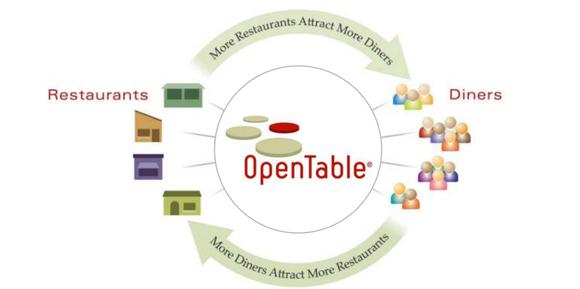Filed under: Investing
Although we don't believe in timing the market or panicking over market movements, we do like to keep an eye on big changes -- just in case they're material to our investing thesis.
What: Shares of Compugen , a clinical-stage biopharmaceutical company developing therapeutic proteins and monoclonal antibodies to treat immunologic and oncologic disease, jumped as much as 12% on the day after reporting positive results for investigational immune checkpoint candidate CGEN-15052.
So what: According to Compugen's early morning press release, CGEN-15052, "demonstrated robust inhibition of T cell activation, both as a membrane protein and as an Fc fusion protein." Compugen's initial tests in human cancer tissues demonstrated CGEN-15052 expression in "multiple epithelial cancers," with Compugen noting a high expression in lung cancer samples.
In addition, Compugen also disclosed the discovery of two new B7-like immune checkpoint candidates, bumping up its number of discoveries to 11 in what it classifies as high medical areas of interest.
Now what: First, we have even more proof that the company's methodology and research platform works with nearly one dozen therapeutic product candidates discovered since its inception. As I've discussed previously, the more pitches a clinical-stage company has to swing at, the better chance it has of hitting a home run. Being able to generate new immune checkpoint compounds may give Compugen a greater chance at success. Additionally, initial results from CGEN-15052 are encouraging, and provide further evidence that Compugen's research is moving in the right direction. Still, as a wholly clinical company with much of its research still very early stage I find placing a somewhat accurate valuation on Compugen difficult. With plenty of clinical testing to come over the next few years investors' safest bet may be to remain on the sidelines until we have something tangible to base our investing decision on.
Leaked: This coming blockbuster will make every biotech jealous
The best biotech investors consistently reap gigantic profits by recognizing true potential earlier and more accurately than anyone else. Let me cut right to the chase. There is a product in development that will revolutionize not how we treat a common chronic illness, but potentially the entire health industry. Analysts are already licking their chops at the sales potential. In order to outsmart Wall Street and realize multi-bagger returns you will need to Motley Fool's new free report on the dream-team responsible for this game-changing blockbuster. CLICK HERE NOW.
The article Why Compugen Ltd. Shares Jumped originally appeared on Fool.com.
Sean Williams has no material interest in any companies mentioned in this article. You can follow him on CAPS under the screen name TMFUltraLong, track every pick he makes under the screen name TrackUltraLong, and check him out on Twitter, where he goes by the handle @TMFUltraLong. The Motley Fool has no position in any of the stocks mentioned. Try any of our Foolish newsletter services free for 30 days. We Fools don't all hold the same opinions, but we all believe that considering a diverse range of insights makes us better investors. The Motley Fool has a disclosure policy.Copyright © 1995 - 2014 The Motley Fool, LLC. All rights reserved. The Motley Fool has a disclosure policy.
Read | Permalink | Email this | Linking Blogs | Comments




























